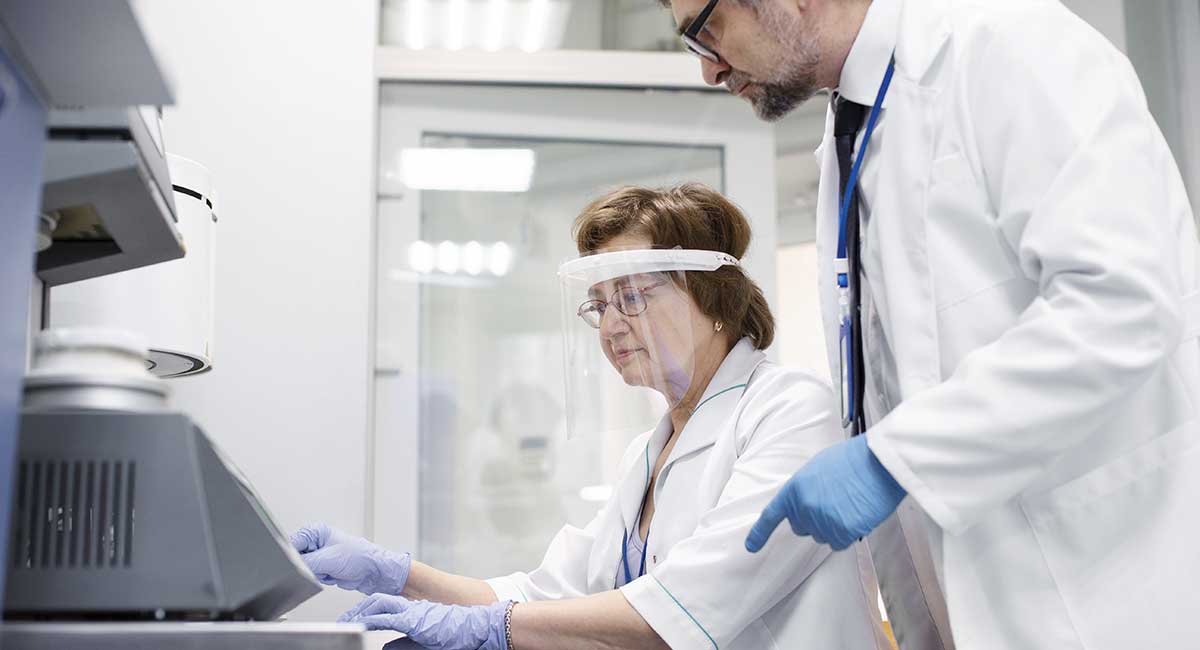

Quality control is essential in ensuring that the dry mix mortar meets international standards and performs reliably in construction projects. In the manufacturing of dry mix mortar, ensuring the quality of the final product is paramount. This primarily hinges on the quality of the raw materials used. Xpress Plast is dedicated to maintaining high-quality standards through rigorous quality testing of both raw materials and the final product.
Ensuring high-quality construction materials is crucial for the performance and durability of building projects. For Xpress Plast, the main quality tests performed for the sand in our R&D lab include:
Helps to determines the amount of water present in the sand. Excessive moisture can affect the workability and strength of the plaster mix.
Measures the proportion of fine particles, such as clay and silt, in the sand. High silt content can weaken the plaster and reduce its durability.
Assesses the particle size distribution of the sand to ensure it meets the required specifications for plastering applications.
For cement, the main quality tests are:
Determines the water-cement ratio required to achieve the desired workability.
Measures the ability of the cement to withstand loads without failure.
Evaluates the time it takes for the cement to start and complete the setting process, which is critical for work scheduling and performance.
We focusing on ensuring the quality of Xpress Plast. Conducting quality tests based on international standards will help maintain consistency and reliability in our product. Here are some major quality tests conducting for Xpress Plast:
Physical Tests for Fresh Mortar
Measures the flow and spread of the mortar, ensuring it has the right viscosity for application.
Assesses the mortar's ability to retain water, which is crucial for proper curing and bonding.
Measures the amount of air entrapped in the mortar, influencing its workability and strength.
Physical Tests for Hardened Mortar
Evaluates the mortar's ability to withstand compressive forces, ensuring structural integrity.
Measures the mortar's resistance to bending or flexing, important for its load-bearing capacity.
Assesses the bonding strength of the mortar to various substrates, ensuring it adheres properly.
Chemical Tests for Mortar
Determines the amount of material in the mortar that does not dissolve in acid, indicating impurities.
Measures the silica content that dissolves in acid, which affects the mortar's strength and durability.
Evaluates the amount of iron present, which can influence the colour and strength of the mortar.
Assesses the presence of magnesium, affecting the setting time and strength of the mortar.
Determines the amount of aluminium, impacting the mortar's hardness and resistance to chemicals.
Measures the calcium content, crucial for the setting and hardening process.
Conducting rigorous quality tests for Xpress Plast and its raw materials ensures that we uphold the highest standards in our products. By adhering to these stringent quality control measures, we not only comply with ISO 9001:2015 certification requirements but also reinforce our commitment to delivering excellence in construction materials. Trust in Xpress Plast is built on our unwavering dedication to quality, ensuring that our customers receive products that meet and exceed their expectations.